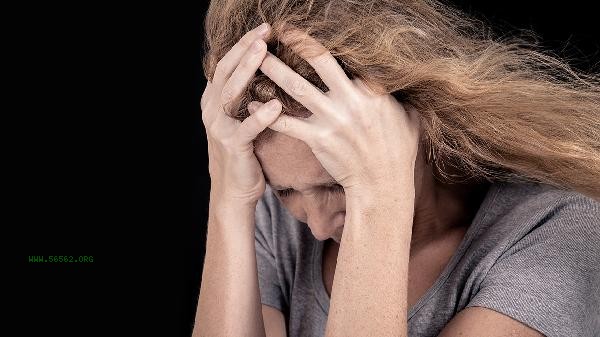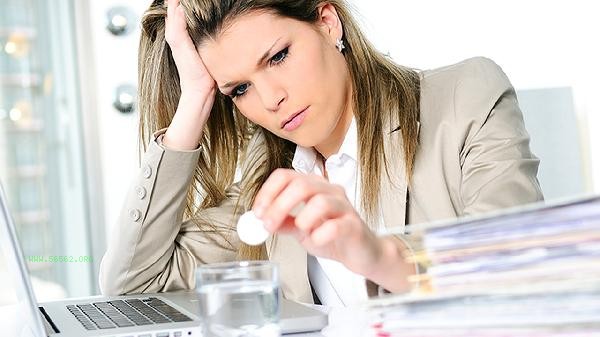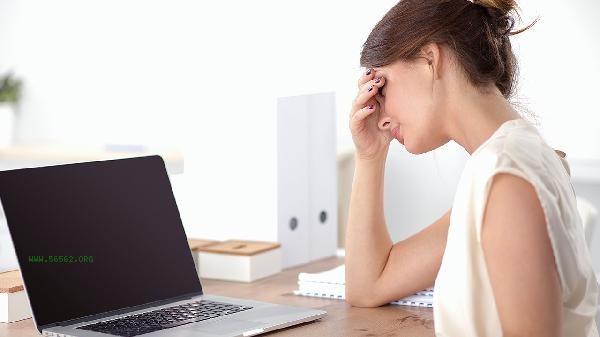Severe insomnia during menopause can be alleviated through lifestyle adjustments, psychological interventions, medication treatment, traditional Chinese medicine conditioning, physical therapy, and other methods. Menopausal insomnia is usually associated with hormonal fluctuations, emotional anxiety, physical discomfort, and other factors, and requires comprehensive intervention to improve sleep quality.

1. Adjust lifestyle habits
Maintaining a regular sleep schedule and fixed bedtime and wake-up times can help stabilize the biological clock. Avoid drinking caffeinated beverages such as coffee and strong tea before bedtime, and avoid overeating during dinner. The bedroom environment should be kept dark and quiet, and the room temperature should be controlled at 20-24 degrees Celsius. Moderate low-intensity exercise such as walking and yoga during the day, but avoid vigorous activity before bedtime.
2. Psychological intervention
Cognitive behavioral therapy can effectively improve menopausal insomnia by reconstructing healthy sleep patterns through sleep restriction, stimulation control, and other methods. Mindfulness meditation and breathing training can alleviate anxiety. It is recommended to keep a sleep diary to help identify influencing factors and seek professional psychological counseling if necessary.
3. Medication therapy
Non benzodiazepine sedatives and hypnotics such as zopiclone and zolpidem can be used in the short term, but the medication cycle must be strictly controlled according to medical advice. For individuals with hot flashes and sweating, low-dose estrogen replacement therapy may improve symptoms. Traditional Chinese patent medicines and simple preparations, such as Wuling capsule and Bailemian capsule, can calm the nerves and help sleep, and should be used under the guidance of traditional Chinese medicine practitioners.

4. Chinese Medicine Conditioning
acupuncture and moxibustion selects Shenmen, Sanyinjiao and other acupoints to adjust the balance of yin and yang. Traditional Chinese medicine commonly uses formulas such as Suanzaoren Tang and Ganmai Dazao Tang to nourish yin and calm the mind. Ear acupressure is used to stimulate reflex areas such as the heart, kidneys, and portal muscles. Tuina massage on the head and soles of the foot can also promote relaxation.
5. Physical therapy
Transcranial magnetic stimulation improves sleep disorders by regulating brain neurotransmitters. Biofeedback training helps to autonomously control physiological indicators. Phototherapy regulates melatonin secretion through specific wavelengths of light. Soaking feet in warm water or using lavender essential oil for aromatherapy can also have auxiliary effects. Menopausal insomnia patients should establish a healthy lifestyle, maintain an optimistic attitude, and avoid excessive attention to sleep issues. Diet can moderately increase foods rich in tryptophan such as millet, walnuts, and milk. Receive sufficient natural light during the day and limit nap time. If the symptoms continue to worsen or are accompanied by symptoms such as low mood and palpitations, it is necessary to seek timely evaluation at a gynecology or sleep specialist. Family members should provide full understanding and support to jointly create a good sleeping environment.





Comments (0)
Leave a Comment
No comments yet
Be the first to share your thoughts!